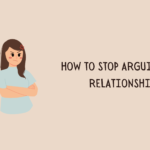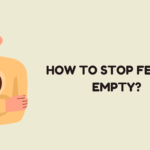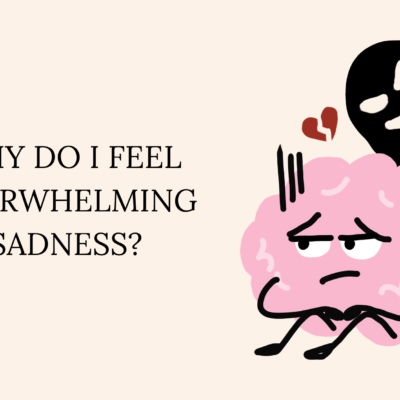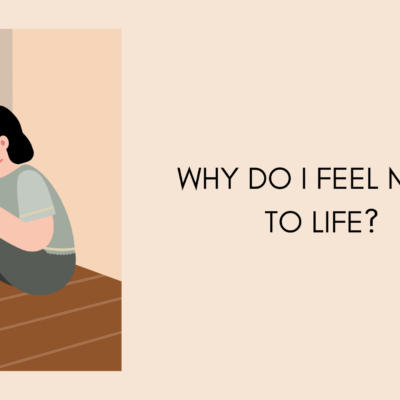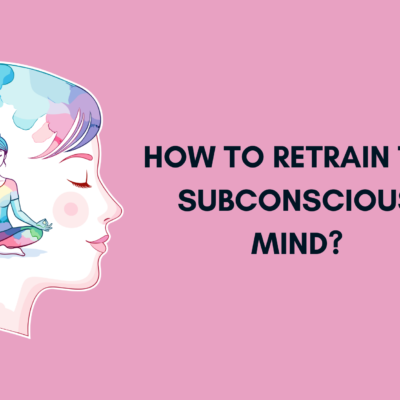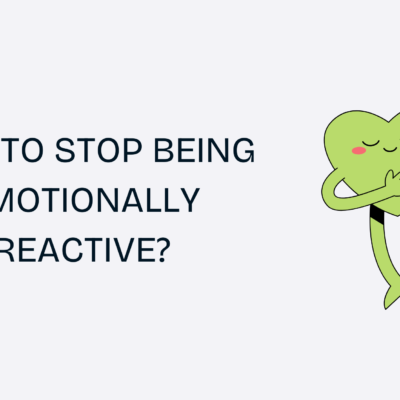How to be Emotionally Secure in a Relationship: Emotional security is the invisible thread that holds healthy, thriving relationships together. It’s not about being perfect or never feeling insecure — it’s about feeling safe, valued, and confident in your bond. When you’re emotionally secure, you don’t need constant reassurance, you communicate openly, and you feel grounded in love — even during challenges.
But emotional security doesn’t always come naturally. Many of us carry emotional baggage, fears of abandonment, or self-doubt from past wounds. The good news? Emotional security can be built — through self-awareness, intentional practices, and mutual effort.
This article explores how to be emotionally secure in a relationship — from healing your inner world to cultivating trust, healthy communication, and deep emotional intimacy with your partner.
Also Read:
1. Understand What Emotional Security Really Means
Emotional security in a relationship means:
- Feeling safe to be your authentic self
- Trusting your partner even when you’re not together
- Expressing needs without fear of rejection
- Respecting boundaries — your own and your partner’s
- Believing that disagreements won’t destroy the relationship
It’s about being emotionally steady, not reactive. Emotional security helps you love without clinging, communicate without blame, and grow together instead of growing apart.
2. Build Self-Awareness First
The foundation of emotional security is knowing yourself. You can’t feel secure with someone else if you’re disconnected from your own emotions, triggers, or patterns.
Start with:
- Noticing your triggers: What situations make you anxious, jealous, or distant in relationships?
- Exploring past wounds: Were you emotionally neglected, betrayed, or rejected in past relationships or childhood?
- Understanding your attachment style: Anxious, avoidant, secure, or disorganized — your attachment style influences how you connect and respond emotionally.
Awareness helps you respond instead of react.
3. Heal Past Emotional Wounds
Unhealed wounds often show up as overreactions in relationships — needing constant reassurance, fearing abandonment, or pushing people away before they can hurt you.
Ways to heal:
- Inner child work: Reconnect with the hurt, abandoned, or ignored parts of yourself and offer them compassion.
- Therapy or counseling: A therapist can help you untangle past trauma and patterns.
- Journaling: Write about past painful experiences and how they shaped your beliefs about love, trust, and safety.
Healing doesn’t mean forgetting the pain. It means giving it less control over your present.
4. Communicate Honestly and Kindly
One of the biggest signs of emotional security is being able to express yourself clearly without attacking or blaming.
Practice:
- Using “I” statements: Say “I feel hurt when…” instead of “You always…”
- Active listening: Let your partner finish before responding. Reflect back what you heard.
- Bringing up issues early: Don’t let resentment build. Talk when you’re calm.
- Being vulnerable: Share your fears and dreams — even if they feel scary.
Honest communication builds emotional intimacy and trust.
5. Let Go of the Need for Constant Reassurance
If you’re always seeking reassurance, it might mean you’re outsourcing your emotional security to your partner. This can put pressure on them and keep you feeling anxious.
Instead:
- Self-soothe when insecurity rises — breathe, journal, or remind yourself of your worth.
- Affirm your inner dialogue: Say to yourself, “I am safe. I am loved. I don’t need to panic.”
- Check the facts: Are you reacting to a real issue or an old fear?
Your partner can support your emotional health — but they can’t carry it alone.
6. Build Trust Through Consistency
Trust is the soil where emotional security grows. It’s not just about fidelity — it’s about emotional reliability.
To build trust:
- Keep your promises, even the small ones
- Be where you say you’ll be
- Admit mistakes and make amends
- Show up emotionally — listen when they talk, care when they’re hurting
When you and your partner are consistent and dependable, emotional security naturally deepens.
7. Celebrate Interdependence, Not Codependence
Emotionally secure relationships thrive on interdependence — where both partners are emotionally whole individuals who choose to share life together.
Avoid:
- Over-dependence (needing your partner to complete you)
- Emotional withdrawal (isolating yourself emotionally)
Instead:
- Support each other without losing yourself
- Maintain friendships, hobbies, and personal goals
- Encourage your partner’s growth, not just your shared goals
Security comes from knowing: “I can stand on my own, and I choose to stand beside you.”
8. Set Boundaries and Respect Theirs
Boundaries are not walls — they are doors with doorknobs only you can turn. Emotional security grows when both partners feel safe and respected.
Healthy boundaries may include:
- Alone time
- Emotional space during conflict
- Limits on digital checking or oversharing
- Respecting privacy (not snooping or controlling)
Respect your partner’s boundaries even if they’re different from yours. Talk about boundaries openly — not as rules, but as needs for emotional safety.
9. Avoid Mind-Reading and Silent Expectations
Emotionally insecure people often expect their partner to “just know” what’s wrong. But your partner is not a mind-reader.
Instead:
- Express your needs clearly: “I need a little comfort right now” or “I’m feeling distant, can we talk?”
- Let go of assumptions: Don’t jump to conclusions about their tone, behavior, or silence.
- Ask for clarity instead of reacting: “You’ve been quiet — are you okay?”
Clear communication dissolves confusion and increases connection.
10. Allow Conflict Without Fear
Conflict doesn’t mean your relationship is broken — it means two humans with different experiences are trying to connect.
Emotional security looks like:
- Not panicking when you argue
- Focusing on the issue, not attacking character
- Staying emotionally present, not stonewalling or fleeing
- Repairing after conflict — saying sorry, reconnecting
Couples that fight respectfully and repair consistently are often the most secure.
11. Affirm Each Other Often
Emotional security grows when love is expressed frequently and freely.
Try:
- Complimenting your partner sincerely
- Expressing appreciation: “Thank you for listening today, it meant a lot.”
- Saying “I love you” or “I’m proud of us” often
- Physical touch — hugs, kisses, holding hands
Regular affirmations keep the emotional bank account full — so it doesn’t go into deficit during tough times.
12. Do Inner Work — Even When Things Are Going Well
Emotional security doesn’t mean you stop growing. Keep evolving.
Inner work can look like:
- Meditation and breathwork
- Reading relationship or self-development books
- Practicing emotional regulation tools
- Going to therapy individually or as a couple
A relationship is only as strong as the emotional health of the people in it.
13. Create Shared Meaning and Vision
When partners share values, dreams, and a sense of purpose, it creates a deep emotional bond.
Ways to create shared meaning:
- Set relationship goals: travel, build something, grow a family, serve a cause
- Have rituals: date nights, morning coffee together, gratitude sharing
- Discuss values: What does love, success, or family mean to each of you?
Security comes from knowing you’re walking the same path — together.
14. Accept That Insecurity May Visit — And That’s Okay
Even the most emotionally secure people feel insecure sometimes. The difference is, they don’t let it control them.
When insecurity shows up:
- Don’t judge it — greet it with curiosity
- Ask: “What’s this really about?” (fear of loss? not feeling enough?)
- Take a moment to reconnect with yourself before reacting
- Talk about it when you feel grounded
Emotional security doesn’t mean you never feel shaky — it means you don’t fall apart when you do.
Conclusion
Emotional security is a lifelong journey, not a destination. It’s built moment by moment — in how you talk to yourself, how you love your partner, and how you show up in both the easy and hard times.
Being emotionally secure in a relationship doesn’t require perfection. It requires presence, intention, honesty, and love — both for yourself and the person you’re with.
Because in the end, emotionally secure love feels like this:
“I am safe to be myself here.
I am loved, even when I’m not perfect.
And we are building something that can weather any storm — together.”

